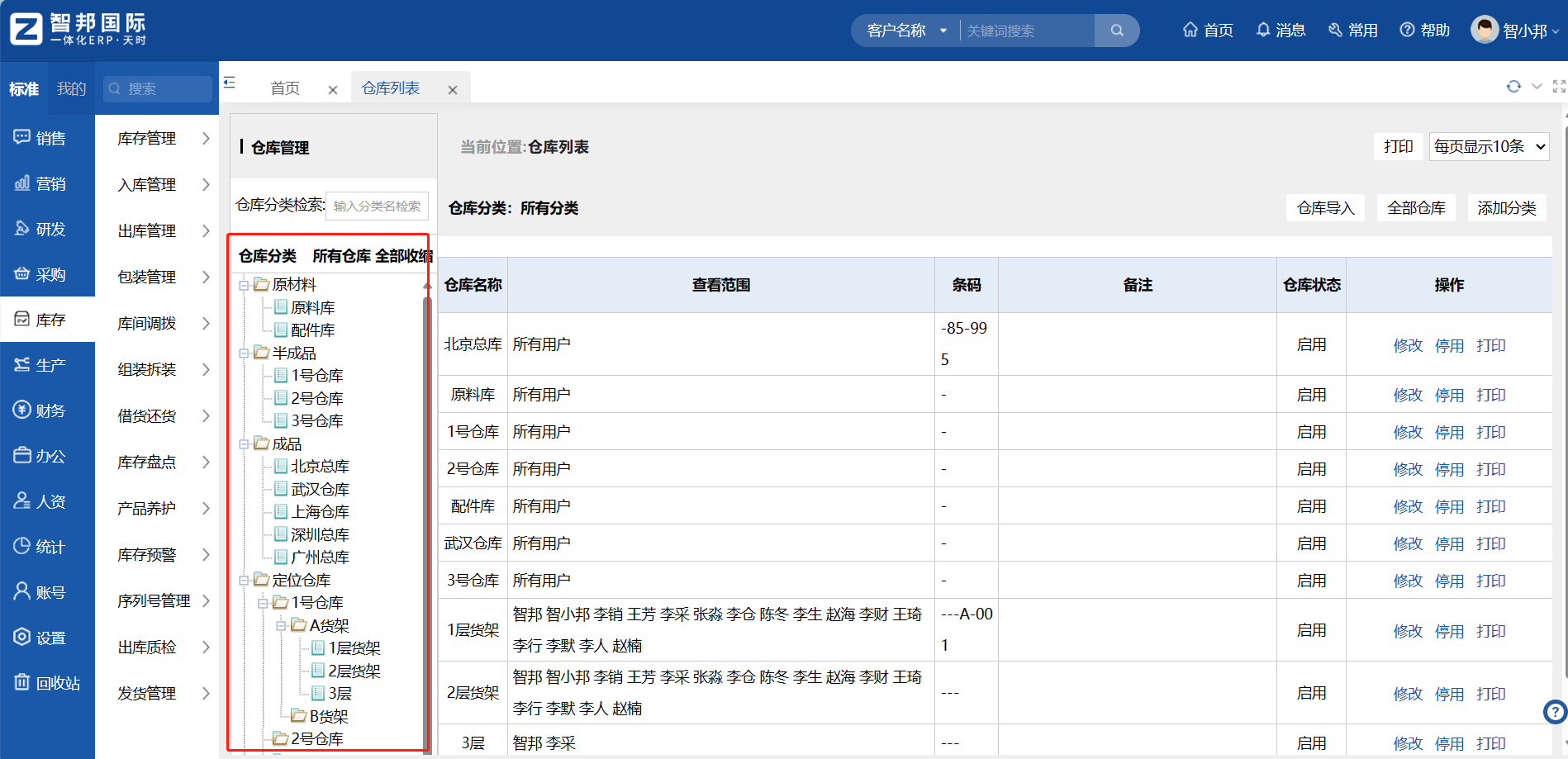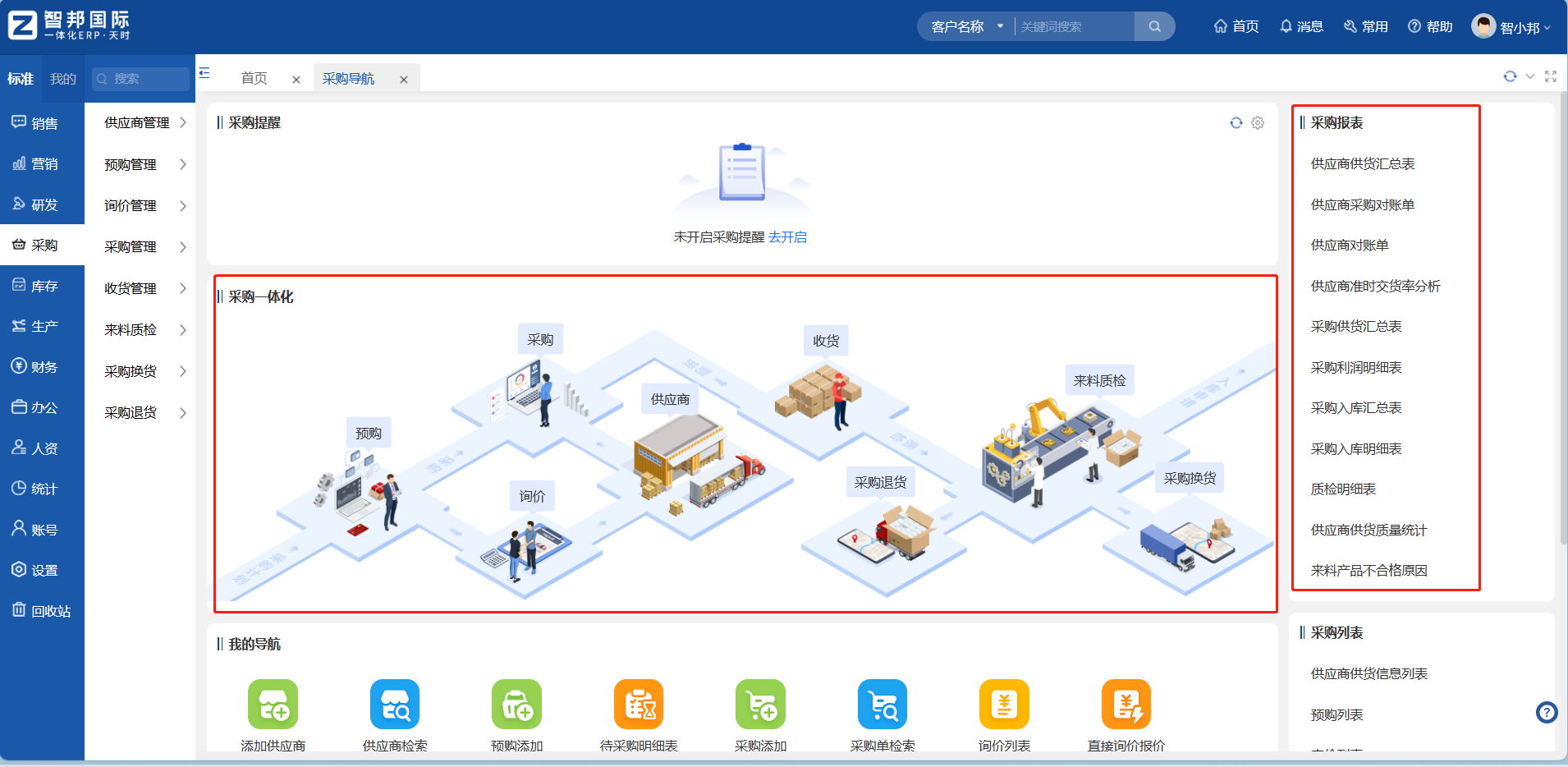ERP System Explained: A Comprehensive Solution for Modern Business Management
ERP stands for Enterprise Resource Planning, a powerful business management software designed to integrate and streamline critical business processes across an organization. From finance and operations to human resources and project management, ERP systems provide a centralized platform to manage resources efficiently and make data-driven decisions. In today’s competitive business landscape, where seamless collaboration and real-time data are crucial, an ERP system is more than just a tool—it’s a necessity for modern enterprises.
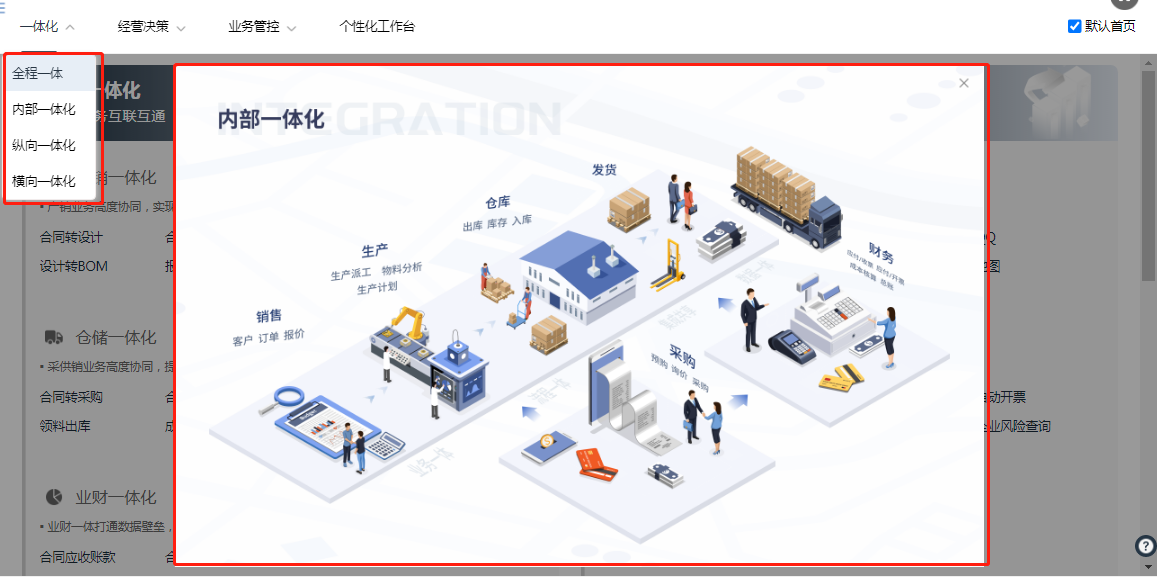
Understanding the Current Management Challenges
In any business, inefficiencies in operations, lack of data visibility, and poor cross-departmental collaboration can hinder growth and profitability. Many organizations struggle with disjointed systems, manual data entry, and siloed departments, leading to errors, delays, and missed opportunities. For example, a company’s finance team may work with outdated spreadsheets, while the operations team relies on separate software, creating a fragmented ecosystem. These issues can result in wasted time, frustrated employees, and suboptimal decision-making.
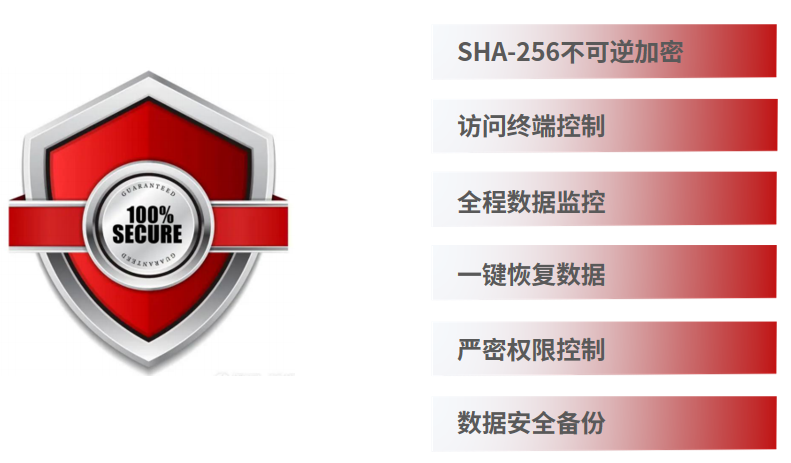
How ERP Features Address These Challenges
To combat these pain points, advanced ERP systems offer a wide range of features tailored to specific business needs. Here’s how ERP functionalities tackle the most common management hurdles:

-
Unified Data Management ERP systems eliminate data silos by providing a single source of truth for all business operations. Whether it’s sales, purchasing, inventory, or HR, an ERP consolidates information into one platform, ensuring consistency and real-time accessibility. This reduces errors and saves time by eliminating the need for manual data reconciliation across multiple systems.
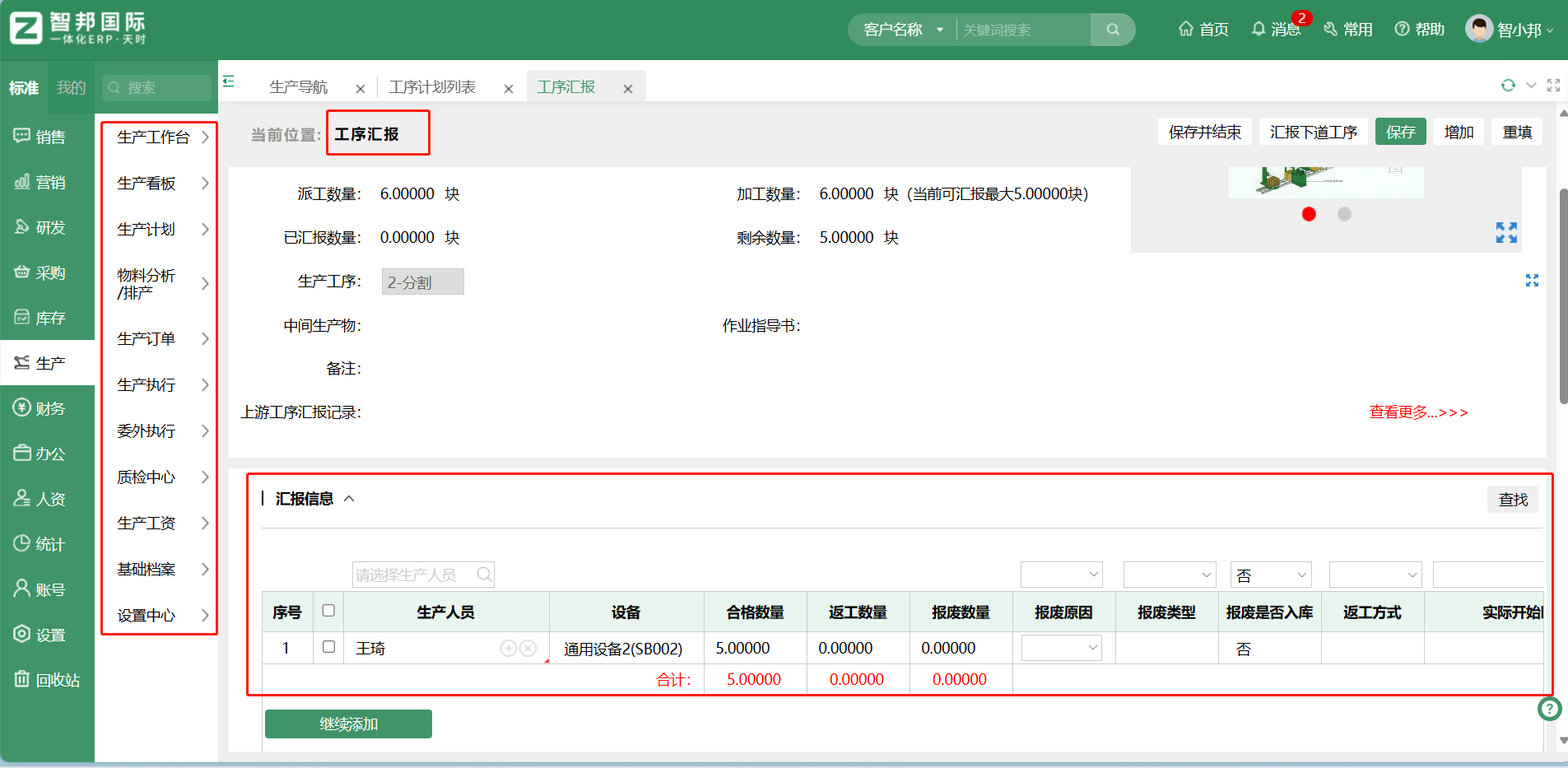
-
Streamlined Processes From order-to-cash cycles to supply chain optimization, ERP automates and standardizes repetitive tasks. For instance, the sales team can input customer orders directly into the system, which automatically updates the inventory and triggers shipping processes. This not only speeds up operations but also minimizes the risk of human error.
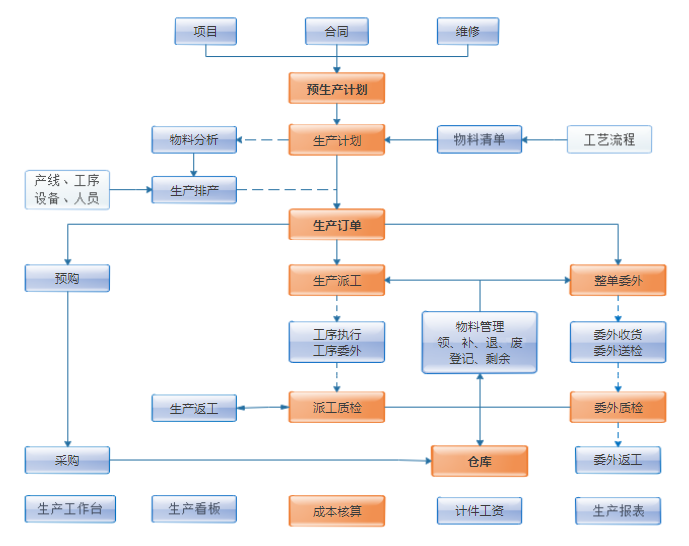
-
Insightful Reporting and Analytics Business intelligence tools within ERP systems provide actionable insights through dashboards, reports, and predictive analytics. Managers can monitor key performance indicators (KPIs), identify trends, and make informed decisions based on real data. For example, a CFO can track financial health in real-time, while an operations manager can analyze production efficiency to reduce costs.

-
Enhanced Collaboration ERP systems break down barriers between departments by providing a shared digital workspace. Teams can collaborate in real-time, access updated information, and communicate seamlessly. This fosters a more cohesive and agile organization. For instance, a project manager can assign tasks, track progress, and share updates with the entire team through the ERP platform.
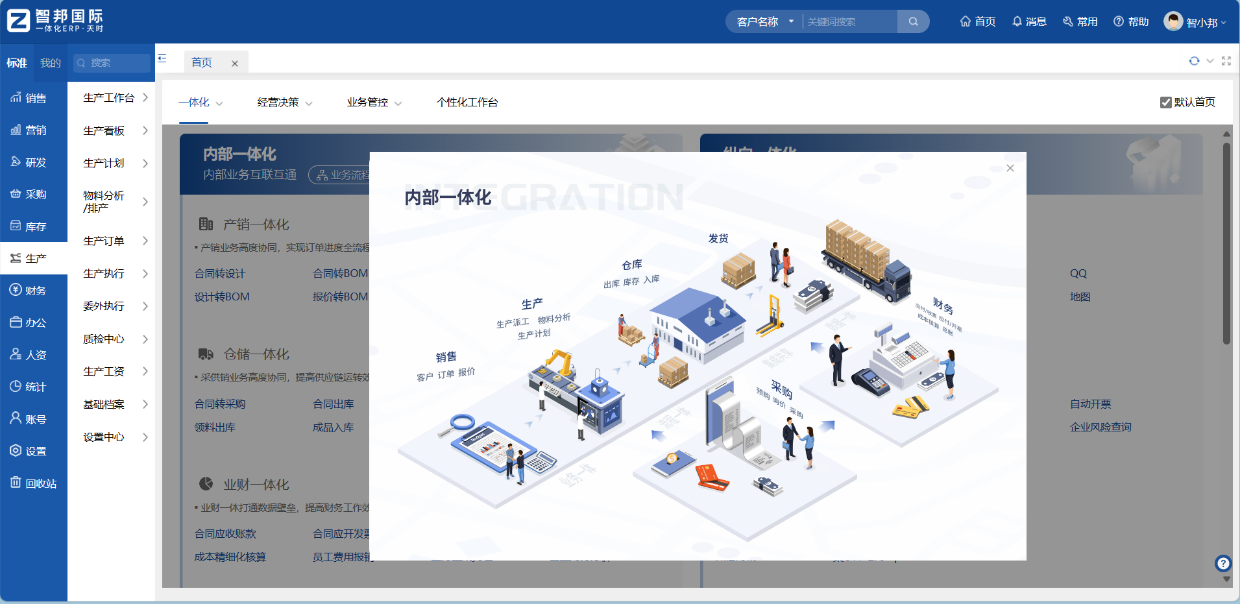
-
Scalable and Adaptable Solutions Every business has unique needs, and ERP systems are designed to grow with organizations. Whether expanding into new markets, adopting new technologies, or adapting to industry regulations, an ERP system can be customized to meet evolving demands. This adaptability ensures long-term value and reduces the risk of obsolescence.
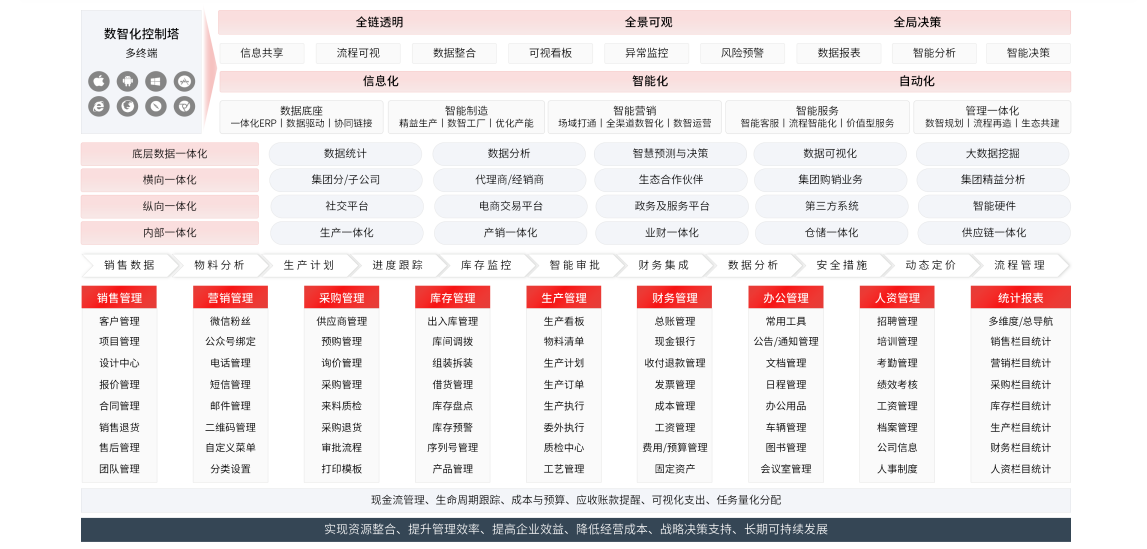
Conclusion
In a world where efficiency and precision are key, an ERP system is a game-changer for businesses seeking to overcome management challenges and thrive in a competitive market. By streamlining operations, improving data visibility, and enhancing collaboration, ERP systems empower organizations to make smarter decisions, save time, and drive growth. Whether you’re a small business or a global enterprise, the right ERP solution can be the cornerstone of your success.
欢迎咨询试用智邦国际一体化ERP软件!点击右边“在线咨询”或“免费试用”按钮,稍后售前ERP软件顾问会联系到您,为您讲解、试用、演示软件使用效果,以及发送产品资料和商务报价~(解决:生产管理、财务、仓库、采购、销售、项目、客户、集团管理等等)

